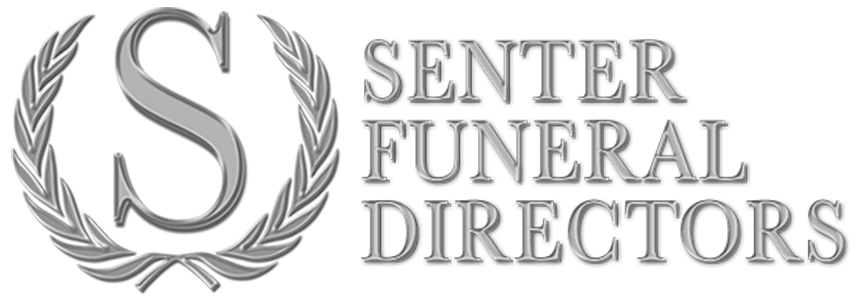
The following information may or may not be relevant to your own circumstances.
We are providing this to aid you in the settling of your affairs.
1. Obtain an adequate number of certified copies of the death certificate for legal purposes. You also may re-order certified copies by calling the funeral home.
2. Notify your bank. Change all accounts into your name only or joint accounts with surviving children or relatives.
3. Notify deceased’s employer and employer’s personnel or insurance department. Check on group insurance benefits, survivor’s benefits, profit sharing, and/or pension monies, which you may be entitled to.
4. Check on monies in credit unions. Some supply life insurance.
5. Inquire about health insurance coverage for you and your children if carried by the deceased.
6. Check on accident insurance. If death was accidental, you may be entitled to benefits on the unused premium.
7. Check on automobile insurance – refer to NO. 6.
8. If the deceased was a member of a labor union, notify the union and inquire about any benefits survivors are entitled to.
9. Check with fraternal organizations that the deceased was a member of; they may provide benefits.
10. Apply at a local Social Security office for any benefits you and your minor children are entitled to.
11. Check with Veteran’s Administration, also county Veteran’s office, if deceased was a veteran, especially if he served during wartime era.
12. Collect any debts owed to deceased by other persons.
13. Review of your present financial situation.
14. If you have no income or monies due you presently, seek emergency aid from the Department of Social Services.
15. Keep an up-to-date accounting of all cash income and expenses.
16. Get hospital and medical statements as soon as possible.
17. Pay all bills and taxes owed as soon as possible (funeral, income tax, real estate, home mortgage, hospital and other bills incurred). But first, check on credit life insurance that may have been carried on all debts (house, car, appliances, etc.). Close accounts covered by this insurance.
18. For any legal questions concerning the deceased, we suggest you contact your attorney. He will discuss with you probating of the will, inheritance, estate taxes, etc.
19. Draw up or update your own will.
20. Change beneficiary on your inheritance.
21. Transfer real estate title of jointly-held property in the Register of Deeds office in the county where real estate is located.
22. Change stocks and bonds into your name only or jointly with surviving children or relatives.
23. Transfer automobile title into your name at Secretary of State’s office, or if estate is probated, through Probate Court.
Documents You Will Need to Conduct Business Matters
It is advisable to call parties concerned before visiting their offices to check on which documents they will need. If documents are given to them, get a receipt (insurance polices, etc.).
- Death certificate – wills
- Social Security numbers – yours and the deceased
- Marriage certificate – birth certificate of each child
- Armed Service discharge papers – Veteran’s Administration claim number
- Insurance policies – deeds and titles to property
- Stock certificates – bank bonds
- Automobile registration
- Loan and installment payment books and contacts
- Recent income tax forms and W-2 forms

